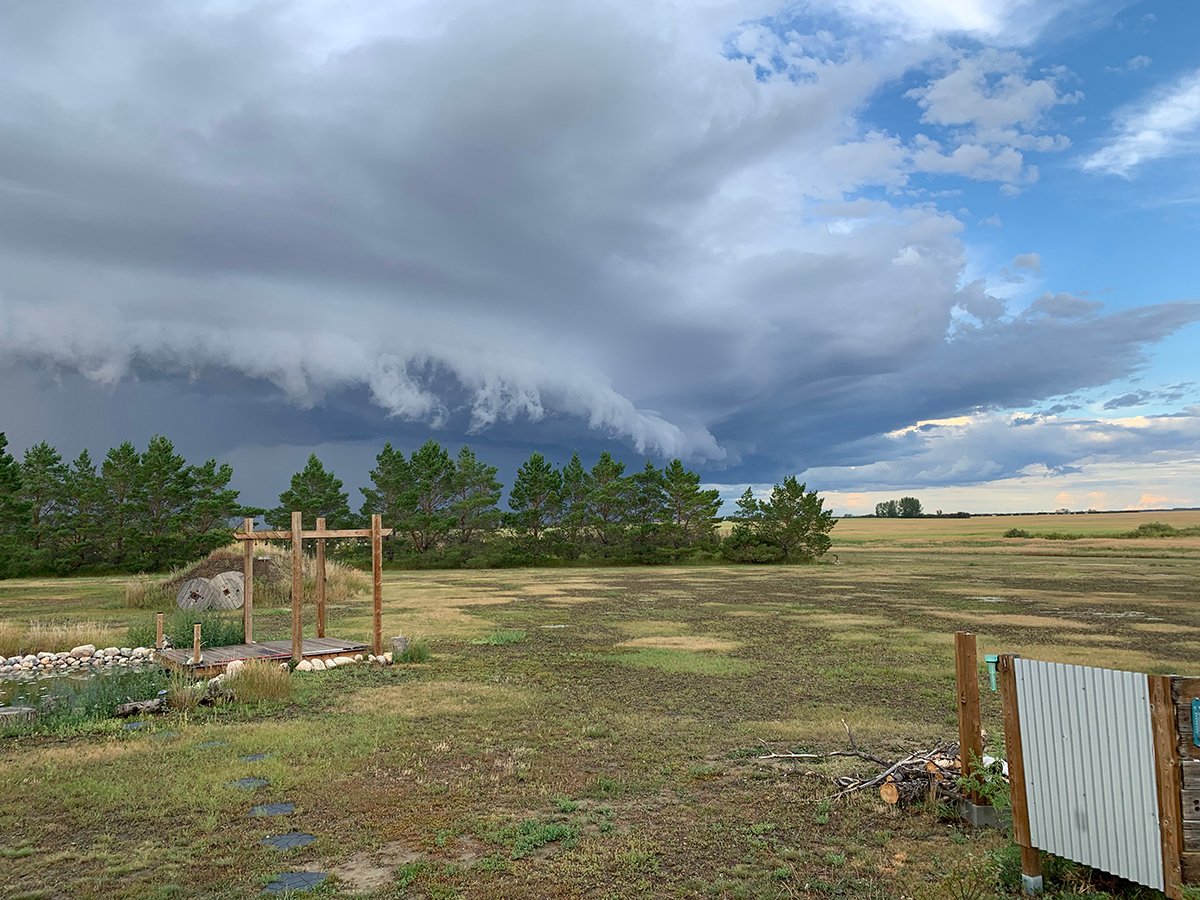Farms in the United Kingdom receiving large subsidy payments under the European Union’s Common Agricultural Policy will be among the hardest hit by new Brexit plans.
U.K. Environment Secretary Michael Gove recently introduced the new plans. The proposed changes set out how farmers and land managers will in future be paid for “public goods”, such as better air and water quality, improved soil health, higher animal welfare standards, public access to the countryside and measures to reduce flooding.
The U.K’s Department of Environment, Food and Rural Affairs, or DEFRA, said this will replace the current C$6.4 billion a year EU system that is “ineffective and pays farmers based on the total amount of land farmed.”
Read Also

Storm dynamics and extreme rainfall
Besides moisture, instability and orographic lift, the next biggest factor that contributes to heavy or extreme rainfall is storm dynamics.
The CAP payments from the EU system account for 50 to 80 percent of farm incomes, so the changes have farmers concerned.
DEFRA said the EU payments are skewed toward the largest landowners and are not linked to specific public benefits. The top 10 percent of recipients receive almost 50 percent of total payments, while the bottom 20 percent receive just two percent, the department said.
The U.K. government plans to replace those payments with the new Environmental Land Management system.
The government says it will work with farmers to design the new approach. Under the new system, farmers and land managers who provide the greatest environmental benefits will secure the largest rewards.
The changes also provide measures to increase productivity and invest in research and development.
Farmers will be able to access funds to develop and get the research projects they want, such as on soil health or sustainable livestock farming.
The government will also be able to make payments during the seven-year transition period for famers to invest in new technologies and methods that boost productivity.
When introducing the new bill to British parliament, Gove said: “After nearly 50 years of being tied to burdensome and outdated EU rules, we have an opportunity to deliver a green Brexit.”
A statement from Defra said all farmers will see some reduction to their payments from the start of the transition, although those who receive the highest payments will see bigger reductions initially. This is designed to free up funds to invest in public goods.
“To help new entrants get into the sector and give farmers flexibility to plan for the future, direct payments during the agricultural transition period up until 2027 will be ‘delinked’ from the requirement to farm the land,” the department said in a written statement.
“These payments, which may be calculated according to money received in previous years, can be used by farmers to invest in their business, diversify their activities or else retire from farming and give way for new people to enter.”














